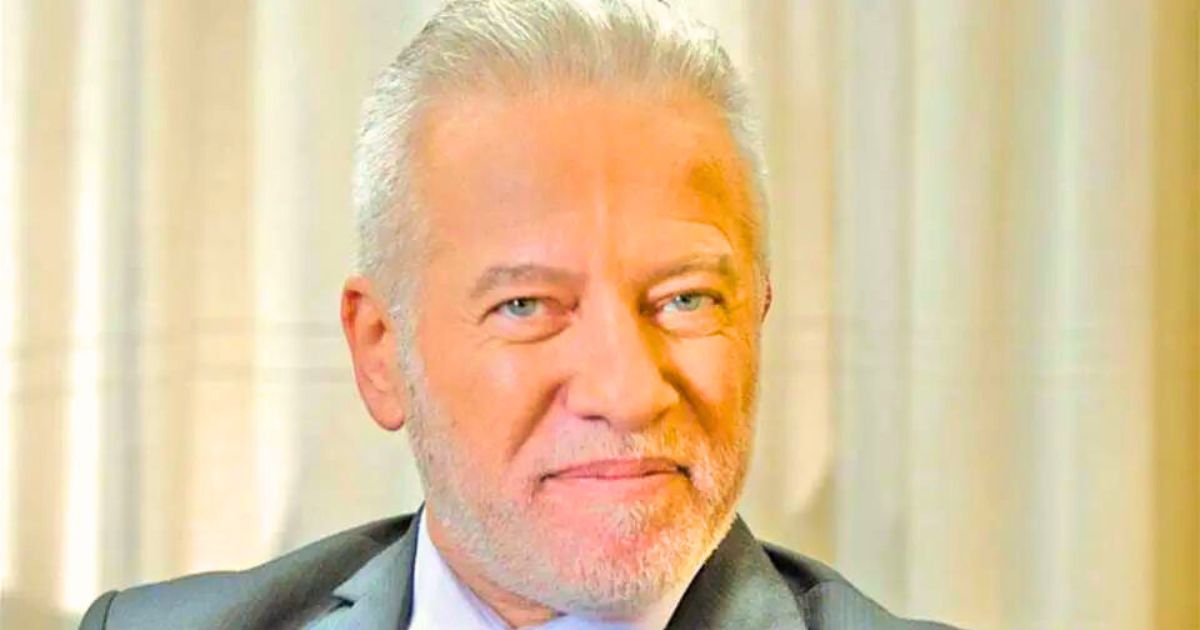As the deadline of March 9th for the $1.2 billion in Eurobonds inches closer, the decision on whether or not to pay the debt has become increasingly urgent. Many have feared that Lebanon won’t pay Eurobonds and those fears have officially been confirmed.
Despite the government’s previous announcement that they will accept the IMF’s bailout plan, officials reached a unanimous decision that Lebanon won’t pay its due Eurobonds. Government officials told news outlets ahead of time about the decision and it was later confirmed in Prime Minister Hassan Diab’s speech.

In his speech, Hassan Diab announces: “Our international reserves have reached critically low levels, forcing the Lebanese Republic to withhold all the payments on the Eurobonds that are due on March 9th.”
As has been pointed out before, this will be the first time ever in Lebanon’s history that the country has chosen to default on its debts. The cabinet, which is largely controlled by Hezbollah and its allies, is strongly against the repaying of these debts.

If Lebanon won’t pay Eurobonds, what does this mean for the IMF’s bailout plan? If the government chooses to default on its debt, does that constitute a rejection of the terms suggested by the plan?
Hezbollah has previously made its position on the IMF and the debt very clear. As Hezbollah MP Hassan Fadlallah had previously stated, “The position is not towards the Fund as an international financial institution but on the terms offered to Lebanon because they will lead to a popular revolution.”

Experts have made it clear that Lebanon is not in a position to try and restructure the gigantic debt that it has accrued over the years. Even many government officials previously told Reuters that they privately believe the IMF’s bailout plan is the best solution.
The foreign debt, which the Eurobonds constitute, doesn’t even make up most of the total debt that the country. Most of Lebanon’s local debt is owed to local banks.

















